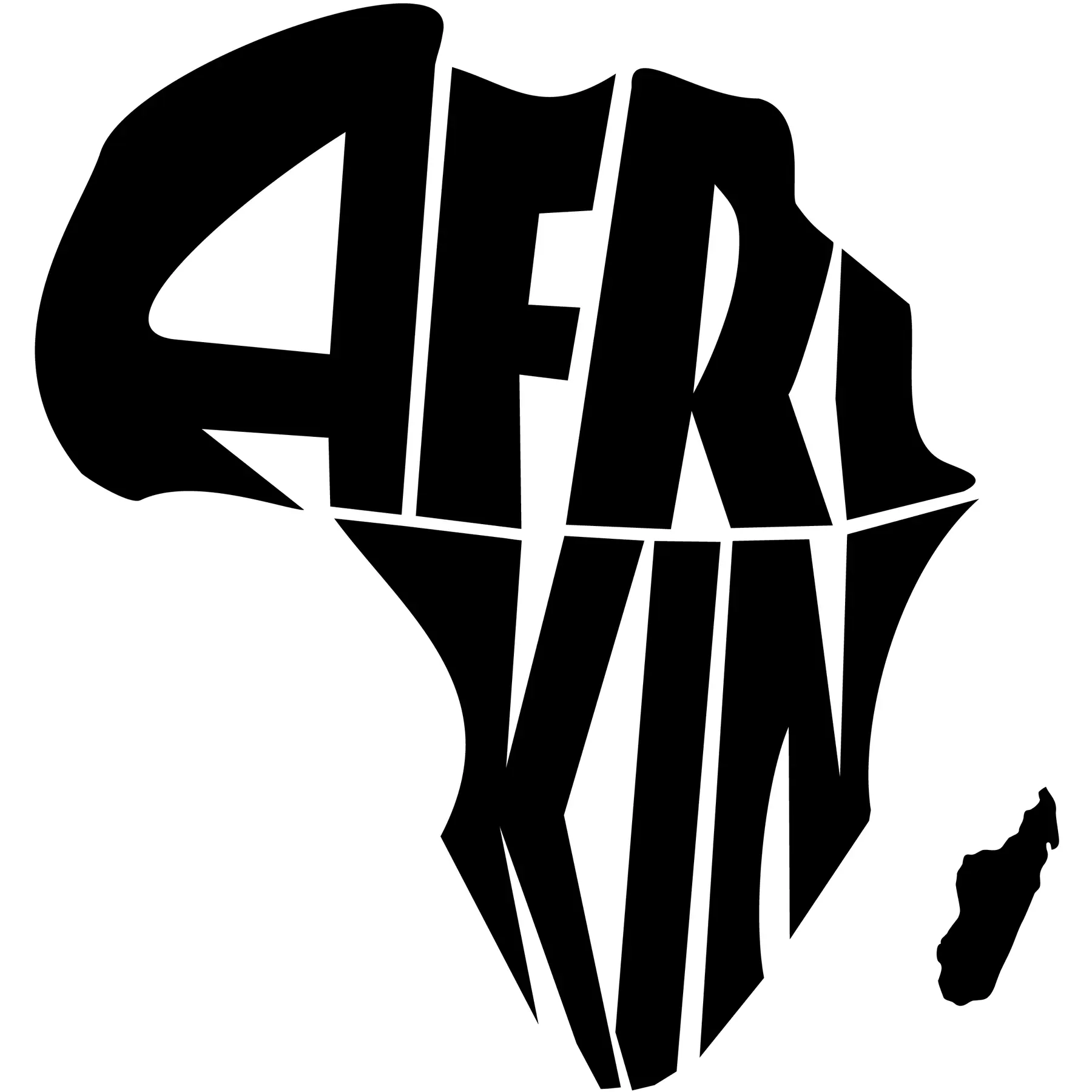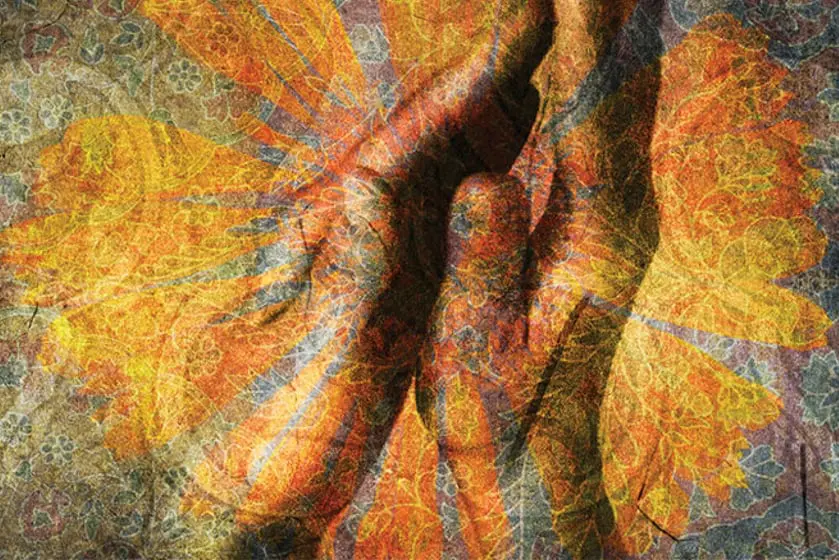Philosophy, sociology, other scholarship:
Blyden mentioned there were states in Africa which were self-reliant during his period of writing. They were productive, independent and most were Islamic, the culture being essentially African. Race prejudice was not an issue, and Africans held high positions, documenting this from his study of a French translation of Ibn Khallikan’s Biographies; a work Orville Taylor (1998) reviews in his assessment of the early scholarship lending to the origin of sociological thought in Europe influencing the Enlightenment, and stimulating thoughts about the nature of society, also seldom referenced. It travelled from Africa almost silently. Sociological thought did not begin in Greece he reminds us, as is often assumed. Nevertheless, this assumption continues today in the western world. Taylor encourages a re-righting of the period (1998, 19).
Caribbean populations are largely conscious of the power of Diaspora today, and particularly from the first conferences held on the continent in the seventies. It is clear the Caribbean share a remembrance of African spirituality, ritual, consciousness, and those elements in the assemblage of what makes one Diaspora. To build a nation today, collective consciousness is required. We can’t trouble with those that want a national identity in a time of international collectivity.
Black Church Studies in the US may have made some great changes over the past twenty years which I cannot speak on. A lot of movements have taken place and missionaries have increased, not decreased. What appears most public is that we are—as a species—planetary and require a recognition of ourselves as one. If you can do this, you can say One Heart, One Love, One Destiny. You can recognize Diaspora. Many Black churches in the US now have a black imagery of God. This might be considered progress. They have a Black Santa Claus too.
Written by: Ida Tafari
Stay informed by joining the movement and get your AFRIKIN SWAG here.

